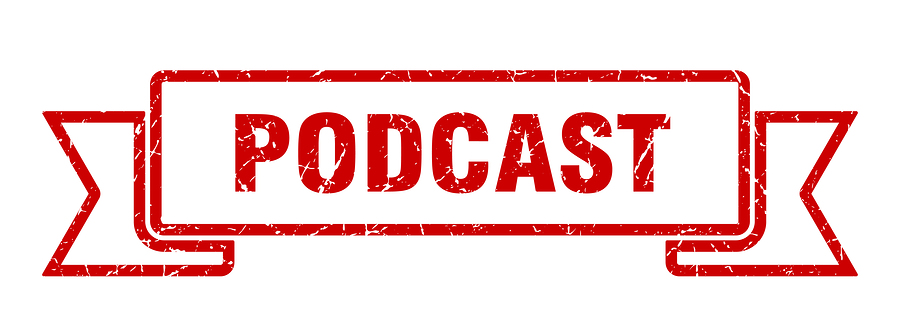Today’s video is a dad, Ben Moseley, singing to his newborn daughter. Too precious for words.

Today’s video is a dad, Ben Moseley, singing to his newborn daughter. Too precious for words.

By the time this blog is posted I should be nearing home after spending the weekend with a wonderful group of Australian and New Zealand writers at a retreat center in Mulgoa, Australia (approximately an hour’s drive west of Sydney) for The Omega Christian Writers Conference. I had the privilege of giving six hours of presentations, taking a number of appointments, and just enjoying their …

Today’s video is an inspiration. There is creativity inside us all because we are made in the image of God. Watch and be inspired to persevere in your craft. Thanks to Barbara Diggs for suggesting today’s Fun Friday!

During the Summer of 1978 the #1 hit on Christian radio was the classic “He’s Alive” by Don Francisco (click here to listen). That same Summer I attended a Christian music festival in Estes Park, Colorado and decided to take a class on songwriting being taught by Jimmy and Carol Owens. I settled into my chair near the back of the room with notepad ready.
Just as the class was about to start a …

This video came out three months ago and has already had almost two million views on YouTube. But this “Evolution of Worship Music” is worty to be watched again if you’ve already seen it. And worthy to be enjoyed for the first time if you have not. Enjoy!

I just returned from the ACFW (American Christian Fiction Writers) writers conference held in San Antonio and had a great time. Tamela was also there, along with 30 of our agency’s clients. We had a number of productive meetings with publishers, along with talking with each of our clients. Tamela taught two classes, as did I. Then we each had around 30 individual, one-on-one, 15-minute pitch …

Do you feel super cool today? Watch this video to find out. I want this to happen to me if I ever get pulled over.

Enjoy the short two minute video below.
I particularly liked #18 and #25.
Which ones work for you?
29 WAYS TO STAY CREATIVE from TO-FU on Vimeo.

I found this analysis of the Beach Boys’ song “Good Vibrations” to be absolutely fascinating. This seven-minute breakdown shows how a creative genius could raise the level of the craft beyond where others had been before. An example for all creatives out there. Enjoy!

Podcasting is here to stay. Here are seven reasons you should take it seriously as an author. 1. Podcasting Is a Tool of Bestselling Authors Here is a list of the 10 bestselling Christian authors for September 2019. (A Bible study of Lysa TerKeurst’s book is actually #9, so I edited the list to remove the repetition.) Girl, Wash Your Face by Rachel Hollis The 5 Love Languages by Gary Chapman …

